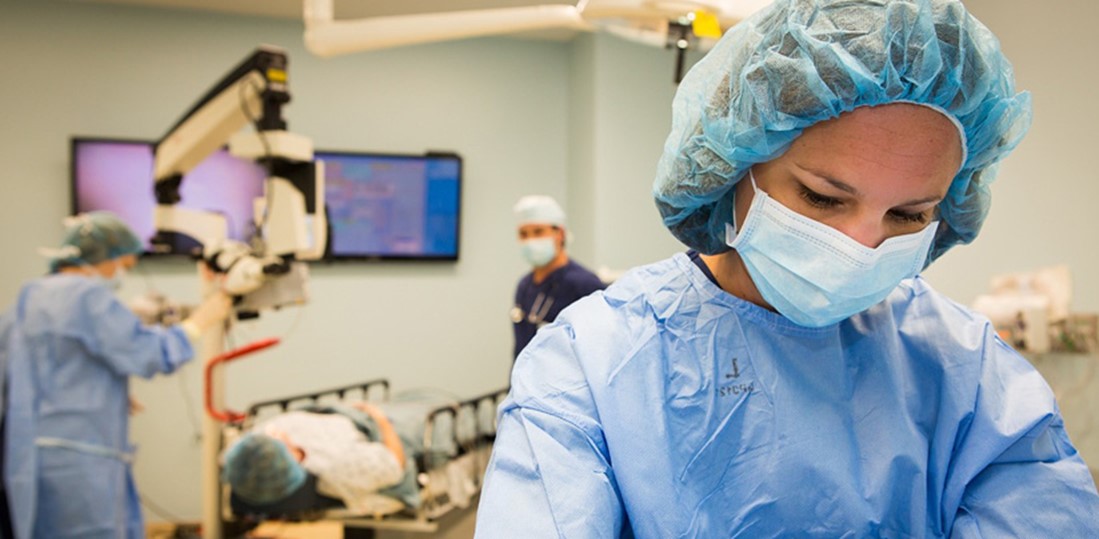


![]()
1. Reach out to your employee to show you care. Share with them your commitment to supportive stay-at-work and return-to-work options. Keep vital connection throughout their recovery.
![]()
2. Share with all staff members your commitment to helping injured workers. Involve everyone in supporting the worker with a TPI.
DID YOU KNOW? Studies show that workplace conflict, like adversarial relationships with co-workers, supervisors and the employer, is a significant barrier to recovery? Be sure your workplace remains positive, supportive and helpful!
![]()
3. If you have any questions (no matter how seemingly insignificant), reach out to WorkSafeNB. We have a dedicated team ready to help.



SUCCEED is an acronym that helps WorkSafeNB describe its six-week early intervention program for TPIs.
The SUCCEED program is delivered by WorkSafeNB-approved licensed social workers and counselling therapists.
You do not need to help your employee get into the SUCCEED program. When the employee applies for workers' compensation benefits, indicating they have a TPI, they will automatically be considered for the program.
No. The SUCCEED program provides immediate treatment (usually while WorkSafeNB determines if the injury is compensable under the Workers’ Compensation Act). If the employee’s injury is not compensable under the Act, treatment will stop at the end of the SUCCEED program’s six weeks (or six sessions). If your employee’s claim application is accepted, further treatment recommendations will be reviewed at that time.
While treatment for TPIs differs from physical injuries, there are common processes for healthy and safe return to work. First, focus on what the employee can do. Employees rarely need to be off work completely. After an assessment from a health care provider, the employee can provide you with functional abilities and recommended accommodations to help you (with your employee) develop a RTW plan. The employee, for example, may require reduced hours or a change in job tasks. Develop a plan that offers meaningful, productive work while supporting your workplace’s operational needs. Set clear expectations and goals, and revisit the plan regularly, adjusting as the employee’s health changes. If you need help, please reach out to our dedicated TPI team.
There are two conditions that dramatically affect outcomes and return-to-work success:
Choose psychologically safe work for your employee and ensure everyone at the workplace is supporting the worker. The employee needs support and encouragement, especially from you and their colleagues.
The employee’s treatment in the SUCCEED program will continue, regardless of the claim decision. The SUCCEED program lasts for six weeks (or six sessions). Treatment beyond the program, however, will not be supported.
Working to Well is set of resources to help you, as an employer, learn about the recovery and return-to-work process. It includes a website (with videos and tips) as well as an interactive booklet and templates for a proactive and supportive return to-work plan and policy.
Employers are vital links to employees. Legislation requires employers:
TPIs tend to affect certain industries and job roles more than others. Paramedics, correctional officers, firefighters, nurses and other medical care professionals tend to have higher incidences of TPIs. We recommend you reach out to your specific professional association(s) for additional resources and support. They may, for example, offer workshops for employers and support groups for workers.
This SUCCEED program lasts for six weeks (or six sessions). There are no extensions. If your employee’s claim application is accepted, further treatment recommendations will be reviewed at that time. If the employee’s injury is not compensable under the Act, treatment will stop at the end of the SUCCEED program’s six weeks (or six sessions).
Please call 1 800 999-9775.